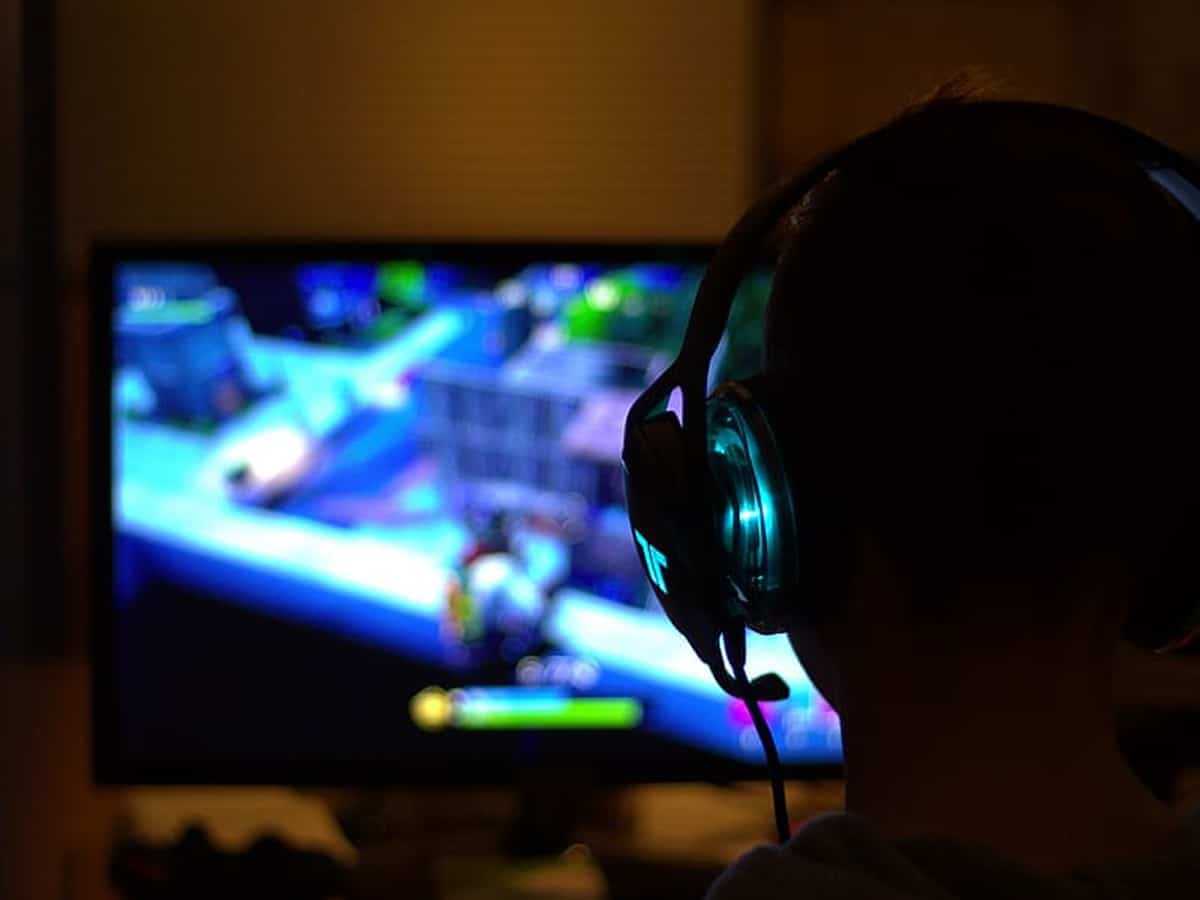New Delhi: The gaming PC market (desktops and notebooks) and monitor market in the Asia-Pacific region (excluding Japan) posted a record 12.3 per cent year-over-year (YoY) growth in 2020, reaching 21.7 million units, according to a new report.
The pandemic caused lockdown in all markets in the Asia/Pacific excluding Japan (APeJ) region throughout 2020, and it had helped to create opportunities for many consumer technologies, especially gaming-related devices (PCs and Monitors), according to IDC’s ‘Worldwide Quarterly Gaming Devices Tracker’.
The gaming PC market grew by 4.9 per cent compared to 2019, and gaming notebooks were the key product that contributed to the growth.
Gaming notebook shipments grew by 16.1 per cent and reached 9.7 million units in 2020.
Desktops, on the other hand, recorded a 6.6 per cent.
“With many consumers being stuck at home for a large portion of 2020, gaming became one of the main sources of entertainment – this had helped to drive up demand for gaming devices,” said Yexi Liao, market analyst for gaming and virtual/augmented reality research at IDC Asia/Pacific.
“However, supply constraints on LCD panels, integrated circuits, and graphics processing units (GPUs) meant that PC supplies were incapable of keeping up with the high demand,” Liao said in a statement.
The gaming monitor market grew by 52.6 per cent (YoY) in 2020.
While gaming monitors with a 144 Hz refresh rate were still the main shipment contributor in the region, gaming monitors with a 165 Hz refresh rate grew significantly with YOY growth of 400.6 per cent, as gamers continued to upgrade their appetite for higher refresh rate monitors.
“While all markets in the region experienced YoY growth, the markets with the highest growth in 2020 were Malaysia, New Zealand, Indonesia, Australia, and India,” the report showed.
IDC expects gaming PC and monitor shipments to grow by 15 per cent in 2021, as the pandemic lockdown extends for various markets in the region and gaming continues to grow as a main source of entertainment for consumers.
“The supply shortage should ease in 2021 as the global backlog begins to clear and normalisation of device replacement cycles starts to take place for markets where the pandemic situation is better managed,” said Liao.

